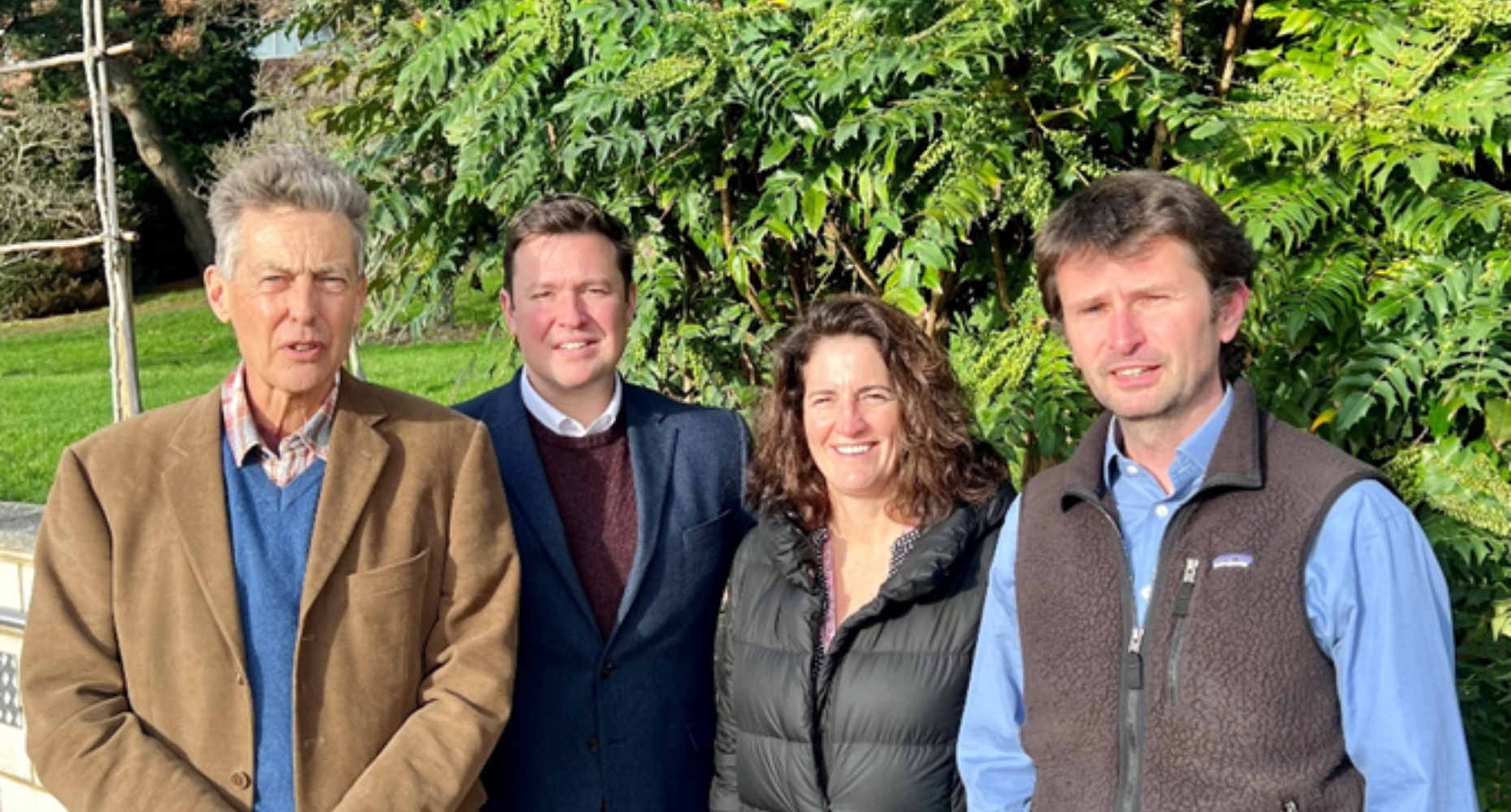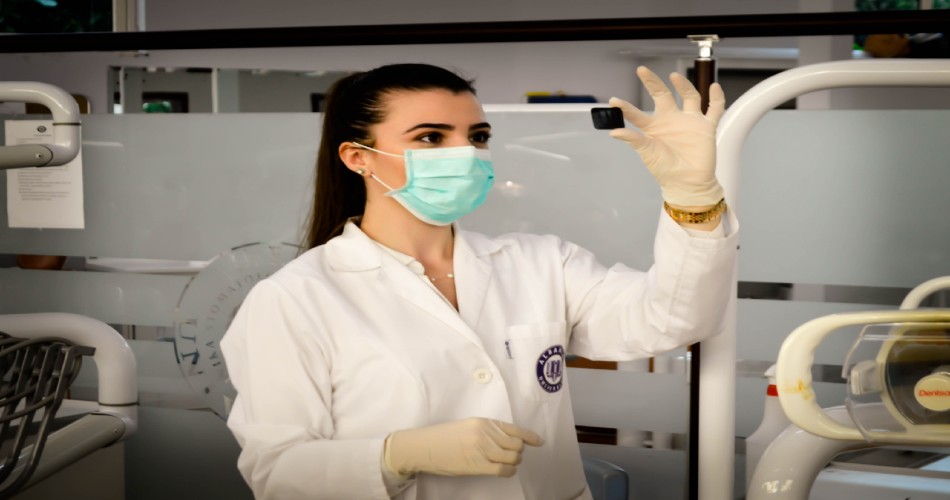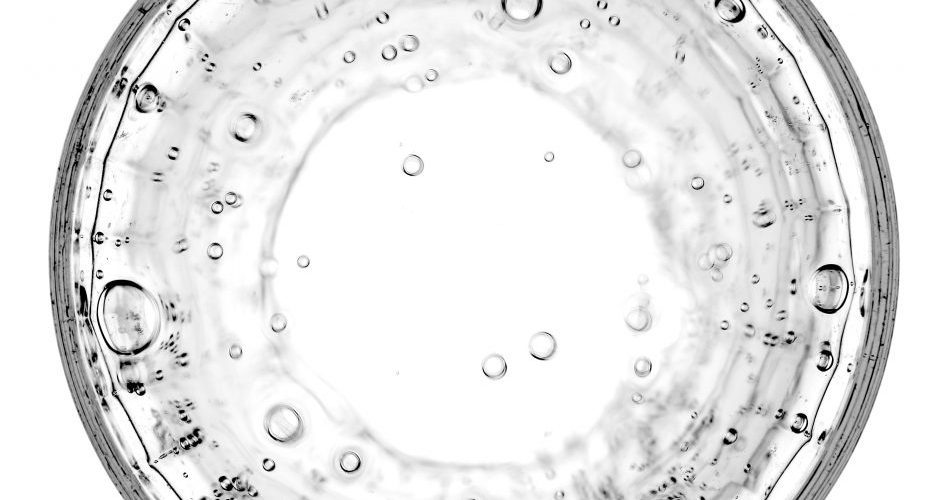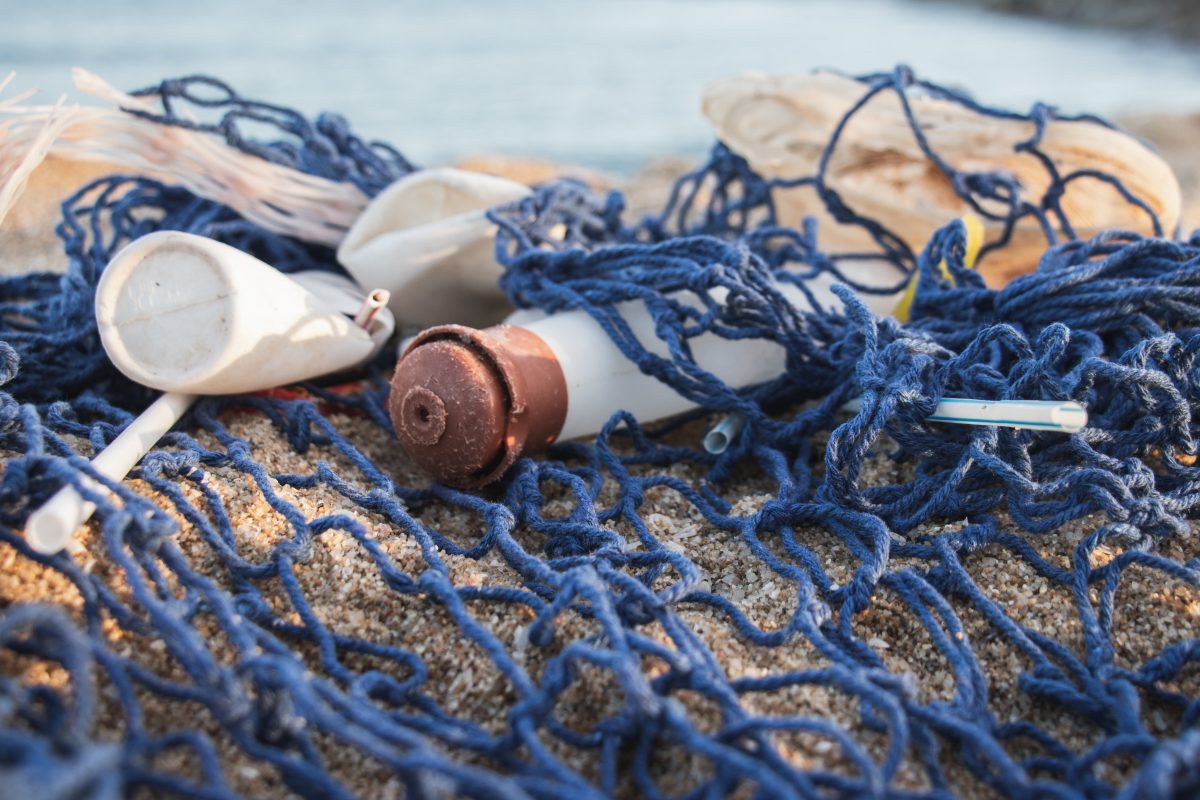All posts using category:
College of Life and Environmental Sciences

1 October 2025
< 1 minute to readXiaoyu Yan on embracing industry collaboration for real-world impact
Xiaoyu Yan is a Professor in Sustainable Energy Systems who has worked with several businesses to provide Life Cycle Assessments and advice on reaching Net Zero. Xiaoyu is also the Co-Founder and Scientific Advisor of Minviro, a mining sustainability solutions consultancy, and the Co-Founder and Chief Scientist of Near Zero by Design, a space sustainability…
Read on

10 July 2025
2 minutes to readCreating real-world impact: The University of Exeter and the National Trust
The University of Exeter is proud to be a long-standing partner of the National Trust. As featured in the Trust’s Annual Research Report 2024–2025, our collaboration delivers practical, interdisciplinary solutions to some of the UK’s most pressing environmental, social and cultural challenges. From nature recovery and climate resilience to health inequalities and…
Read on

26 June 2025
3 minutes to readBecca Lovell on shaping green social prescribing policy
Dr Becca Lovell is a senior lecturer in biodiversity, health and policy, based at the European Centre for Environment and Human Health. She co-leads the Masters in Environment and Human Health and co-leads the Nature and Health Professional Development Programme. Her research focuses primarily on how the environment supports and promotes our…
Read on

1 February 2025
2 minutes to readFrom Academia to Innovation: Minviro’s Path to Sustainability
Measuring and reducing the environmental impact of some of the worlds’ largest companies
Read on

7 August 2024
2 minutes to readNew education programme to inform schools about our oceans
Despite covering most of our planet’s surface and playing a pivotal role in the climate system, the ocean hardly features on the UK schools’ curricula and is rarely taught in primary schools.
Read on

27 July 2023
1 minute to readUniversity of Exeter joins Bioindustry Association
The University of Exeter is now a member of the BioIndustry Association (BIA) — an influential trade association within the UK Health and Life Sciences ecosystem. BIA is the voice of the innovative life sciences and biotech industry, enabling and connecting the UK ecosystem so businesses can start, grow and deliver world-changing innovation….
Read on

3 February 2023
4 minutes to readThree ‘super-leverage points’ offer hope for climate breakthrough
Three “super-leverage points” could trigger a cascade of decarbonisation in sectors covering 70% of global greenhouse gas emissions, according to a new report presented at the World Economic Forum in Davos.
Read on

30 January 2023
2 minutes to readBen Bradshaw and Steve Race visit CREWW
On Friday 13th January 2023, the Centre for Resilience in Environment, Water and Waste (CREWW) team were honoured to host the Rt Hon Mr Ben Bradshaw (Labour MP for Exeter) and Steve Race (future Labour candidate).
Read on

25 August 2022
3 minutes to readResearch partnership enhances England Athletics’ Youth Talent Programme
Two University of Exeter experts have been working with England Athletics to evaluate and improve their highly successful Youth Talent Programme.
Read on

23 June 2022
2 minutes to readElectric sensing in fish & bees’ nightvision
Psychology PhD student Katy Chapman is taking a break from lab work to investigate pollinators in the South Devon AONB, as part of her work looking at pollinators.
Read on

20 June 2022
2 minutes to readZebrafish, extreme temperatures & the toxicity of pharmaceuticals in the natural world
Having recently completed her bioscience PhD, Dr Rebekah Boreham has transitioned into biomedical research to apply skills learned in her PhD studies to the field of diabetes.
Read on

15 June 2022
2 minutes to readEnhancing climate hazard resilience and disease prevention in Africa
Experts from the University of Exeter have worked on pioneering project to design digital innovations; helping communities across Africa become more resilient to climate hazards and prevent outbreaks of associated diseases.
Read on

4 May 2022
2 minutes to readUsing viruses to fight antimicrobial resistance
Dr Ben Temperton, Associate Professor of Microbiology at the University of Exeter, has set up the Citizen Phage Library, in collaboration with PhageDirectory and Exeter Science Centre.
Read on

12 April 2022
3 minutes to readResearchers and shoemaker Cosyfeet have joined forces to create a new shoe to help older women stay active
University of Exeter researchers have teamed up with shoemaker Cosyfeet on an EPSRC IAA funded project to develop shoes that support healthy ageing.
Read on

8 March 2022
3 minutes to readThe impact of floods on our physical and mental health
To mark International Women’s Day – this Three Questions blog by Geography PhD student Hannah Hayes – reflects on the need for promoting women in academia.
Read on

18 January 2022
2 minutes to readPolluting cooking fuels will risk health past 2030
New evidence predicts that more than one in three people worldwide will still mainly be using polluting cooking fuels and technologies in 2030, despite being a significant source of disease and environmental destruction.
Read on

15 November 2021
3 minutes to readMajor boost to special partnership between the University of Exeter and Exeter City Football Club
The unique partnership, forged ten years ago, focuses on creating initiatives to support and benefit members of the local community.
Read on

9 November 2021
< 1 minute to readEncyclopaedia Chapter will Aid UN Goal on Improving Ocean Sustainability
The University of Exeter has led a collaboration to define the term “Oceans and Human Health” for a new Encyclopaedia of the UN Sustainable Development Goals.
Read on

8 November 2021
2 minutes to readExeter Academics Author WHO “Call to Action” on Nature, Biodiversity and Health
The multitude of ways in which the natural environment and human health are inextricably linked have been outlined in a document designed to help individuals and organisations across the 53 member states of the WHO European Region make evidence-based decisions.
Read on

3 November 2021
2 minutes to readNetZeroPlus: When Science Meets Economics
The NetZeroPlus project is helping the UK reach its net zero 2050 climate target. By producing evidence-based research, the NetZeroPlus team aim to show how planting trees removes greenhouse gas emissions from the atmosphere, while also providing additional benefits. These include enhanced biodiversity, water quality, leisure, and health.
Read on

2 November 2021
2 minutes to readShaping Global Decision Making in the Shift Towards Low Carbon Energy
Economics of Energy Innovation and System Transition (EEIST) is a £4million government-funded programme led by Dr Jean-Francois Mercure from the Global System’s Institute at the University of Exeter. An international endeavour, EEIST is a collaboration of leading experts in complexity economics, systems thinking, and energy policy from Brazil, China, India, the UK…
Read on

20 September 2021
4 minutes to readNew technology shows potential to accelerate recovery and patient outcomes
A recent study from Activity Informatics – the partnership centre from University of Exeter and Activinsights – has shown the potential for improving patient outcomes with digital wearables called accelerometers. The project took advantage of Activinsights’ technology to use accelerometers – wrist-worn digital devices that monitor a range of biometric functions –…
Read on

21 April 2021
3 minutes to readBreaking Boundaries: Using microscopy to detect microplastics in sea life
A University of Exeter research group has helped to eliminate tonnes of plastic waste entering the sea, improving the health of organisms and the environment.
Read on

23 March 2021
3 minutes to readBreaking Boundaries: Transforming health policy across Europe
A unique World Health Organization Collaborating Centre on Culture and Health (WHO Centre) at the University of Exeter has transformed health policy and practice in Europe.
Read on

4 February 2021
3 minutes to readLooking after mental health in lockdown: Tackling worry and overthinking
The COVID-19 crisis is impacting our mental health. Increased uncertainty, health fears, disruption to normal life, isolation, unemployment, and the loss of loved ones increase worry, anxiety and depression. Surveys in April 2020 found much higher distress, anxiety and depression than previous years.
Read on

3 February 2021
2 minutes to readBreaking Boundaries: Protecting marine biodiversity around the world
University of Exeter research has the protection of marine biodiversity across the world. Researchers at the University of Exeter, along with international collaborators, explored the status, distribution and behaviour of marine vertebrate species which were of commercial or conservational importance.
Read on

17 December 2020
2 minutes to readBreaking Boundaries: Support and rehabilitation from traumatic brain injuries
The University of Exeter has identified a direct link between traumatic brain injury (TBI) and impulsivity and problems in social reasoning, which are risk factors for young people committing violent and repeated crime.
Read on

15 December 2020
2 minutes to readEnabling treatment for a neglected disease
Researchers at the MRC Centre for Medical Mycology discover that faulty signalling in the immune system of healthy individuals leads to Chromoblastomycosis.
Read on

14 December 2020
2 minutes to readGender equality and food security
Professor Toby Pennington and Dr Carolyn Petersen are working with field partners at the Instituto Ouro Verde (IOV) to level the playing field in gender roles in agroforestry systems in Brazil.
Read on

18 November 2020
3 minutes to readEnergy governance, digitalisation and decarbonisation: conducting a policy-relevant PhD
Geography PhD student Emily Judson is researching the governance challenges emerging from the digitalisation of the energy industry and the development of policy which aligns with the transition to a Net Zero energy system.
Read on

17 November 2020
2 minutes to readBreaking Boundaries: Powered by beetroot
Professor Andy Jones and team have generated a substantial evidence base over the past 12 years for beneficial effects of nitrate-rich dietary supplements on sport and exercise performance as well as cardiovascular and metabolic function.
Read on

3 November 2020
3 minutes to readBreaking Boundaries: Uncovering the ‘Glass Cliff’
Research at the University of Exeter has uncovered a previously unknown phenomenon, in which women are more likely to be appointed to risky and precarious leadership positions in times of crisis. The ‘glass cliff’ is the phrase used to describe this situation. It follows previous research has described the barriers women face…
Read on

2 November 2020
2 minutes to readBreaking Boundaries: Setting the marathon world record
For many years running a sub-two hour marathon was considered impossible, but research produced by a team at the University of Exeter underpinned much of the scientific strategy applied by project leaders, Nike and INEOS, to make this a reality.
Read on

20 October 2020
4 minutes to readKindness and Coronavirus: Building Relationships using HAIRE
Might more kind and compassionate communities be part of the legacy of Covid-19?
Read on

28 September 2020
2 minutes to readModelling the financial impact of a global low carbon transition
Research led by Dr Jean-Francois Mercure has contributed to the development of a global model which forecasts the positive and negative impact that a transition to low carbon technology and renewable energy would have on our economy.
Read on

7 August 2020
5 minutes to readPlaying politics with World Heritage sites
Our research released today shows the process of ‘In Danger’ listings is being manipulated for political gain. National governments and other groups try to keep sites off the list, with strategies such as lobbying, or partial efforts to protect a site. (Republished from The Conversation)
Read on

28 July 2020
3 minutes to readToo hot to handle? Studying the impact of climate change in the hottest sea in the world!
For this year’s #WorldNatureConservationDay, PhD candidate Hind Mohsen Al Ameri talks about why our warming climate could be driving marine turtles into extinction and why the conservation of nature is vital to life on Earth.
Read on

3 July 2020
2 minutes to readHelping aquaculture businesses save millions by predicting the risks of harmful algal blooms
Marine research led by Dr Ross Brown has uncovered environmental factors that increase the risk of HABs forming, which have been applied to the development of a statistical model, which can predict the risks of HABs developing.
Read on

24 June 2020
3 minutes to readThe impaired control of blood glucose in diabetes
Dr Cruz recently defended her PhD at Exeter which focused on understanding the whole body regulation of energy metabolism and glucose homeostasis, with specific focus on how these change in diabetes.
Read on

30 April 2020
3 minutes to readSustainability and the migrant experience in the COVID-19 crisis
The COVID-19 pandemic is producing substantial changes in the practices and experiences of migration and mobility.
Read on

22 April 2020
3 minutes to readHow fatigue affects our dexterity
What effect does fatigue have on your dexterity? PhD candidate Ellie Hassan’s research is looking at whether fatigue makes us clumsier and makes daily tasks more difficult.
Read on

17 September 2019
2 minutes to readBreaking 2: Nike’s sub-two hour marathon mission
Global sports giant Nike and University of Exeter scientists have facilitated an attempt to achieve the first sub-two hour marathon, in the internationally broadcast event ‘Breaking 2’.
Read on

4 January 2019
< 1 minute to readQuorn: assessing the benefits of mycoprotein
Sports scientists have built a successful relationship from a pilot study to two fully-funded PhD studentships with Quorn to assess the health benefits of mycoprotein.
Read on

17 October 2018
3 minutes to readRedressing the gender balance
The under-representation of women in surgical roles is being addressed by research from a leading University of Exeter academic.
Read on

22 March 2018
2 minutes to readBacteria produce diesel on demand
Bioscientists have worked with Shell to make bacteria produce diesel on demand.
Read on

14 March 2018
3 minutes to readResearcher in focus: Dr Ceri Lewis
Dr Ceri Lewis is a lecturer in Marine Biology for the College of Life and Environmental Science. She spoke to Lara Cronin about her research into Ocean Acidification, the importance of educational outreach and why she loves the polar regions. Can you tell me about what inspired your interest in Marine Biology? I think I probably…
Read on

2 December 2016
< 1 minute to readBuilding partnerships to protect fish stocks
Find out how research into warming seas has led to a partnership which is changing the way we fish.
Read on

14 April 2016
< 1 minute to readHow plastics are entering the food chain
Vast amounts of plastic waste are thrown into the oceans every year, what would it mean if this plastic could, and was entering the food chain? Professor Tamara Galloway in the College of Life and Environmental Sciences, whose research focuses on marine pollution, has been exploring this question through her Natural Environment Research Council (NERC) funded…
Read on

1 January 2016
2 minutes to readWorking with Greenpeace
Research aimed at discovering how chemical pollutants are distributed through the environment and are affecting the world is being carried out by scientists working with the international organisation Greenpeace, based within the University of Exeter. The team of scientists affiliated with the College of Life and Environmental Sciences, conduct research which shapes…
Read on

24 November 2015
2 minutes to readWatching Nature DVDs may help to reduce anxiety in dementia patients
Dr Craig Knight is using video to reduce anxiety levels in dementia patients.
Read on

23 September 2015
< 1 minute to readWhat effects do microplastics have on the food chain?
When it comes to plastic waste in the ocean, how much is too much? Professor Tamara Galloway has been researching the effects of microplastics on marine wildlife and how ingestion of these objects by some of the smallest creatures in the ocean can have implications for the rest of the food chain. Professor Galloway,…
Read on

17 December 2014
2 minutes to readThe effects of exercise on mental health and nicotine addiction
Research from the Sport and Health Sciences department, led by Professor Adrian Taylor, has identified gaps in the evidence-base for the effects of physical activity on mental health and nicotine addiction.
Read on

10 September 2014
2 minutes to readWorking with Plymouth Marine Laboratory
Fundamental research questions in areas including marine renewables, molecular biology and environment and human health are being addressed by a partnership between the University of Exeter and Plymouth Marine Laboratory (PML) – a marine environment research provider. The University and PML have been working together for a number of years with the…
Read on

25 June 2014
2 minutes to readThe impact of microplastics on marine life
Microplastic debris floating in the world’s oceans could be having a massive impact on marine life. Tiny bits of plastic rubbish are having an impact on lugworms, and other marine animals, which are an important source of food for other animals. Work by Stephanie Wright a postgraduate researcher from Biosciences found that…
Read on
